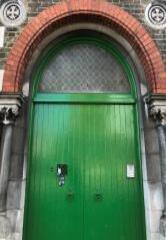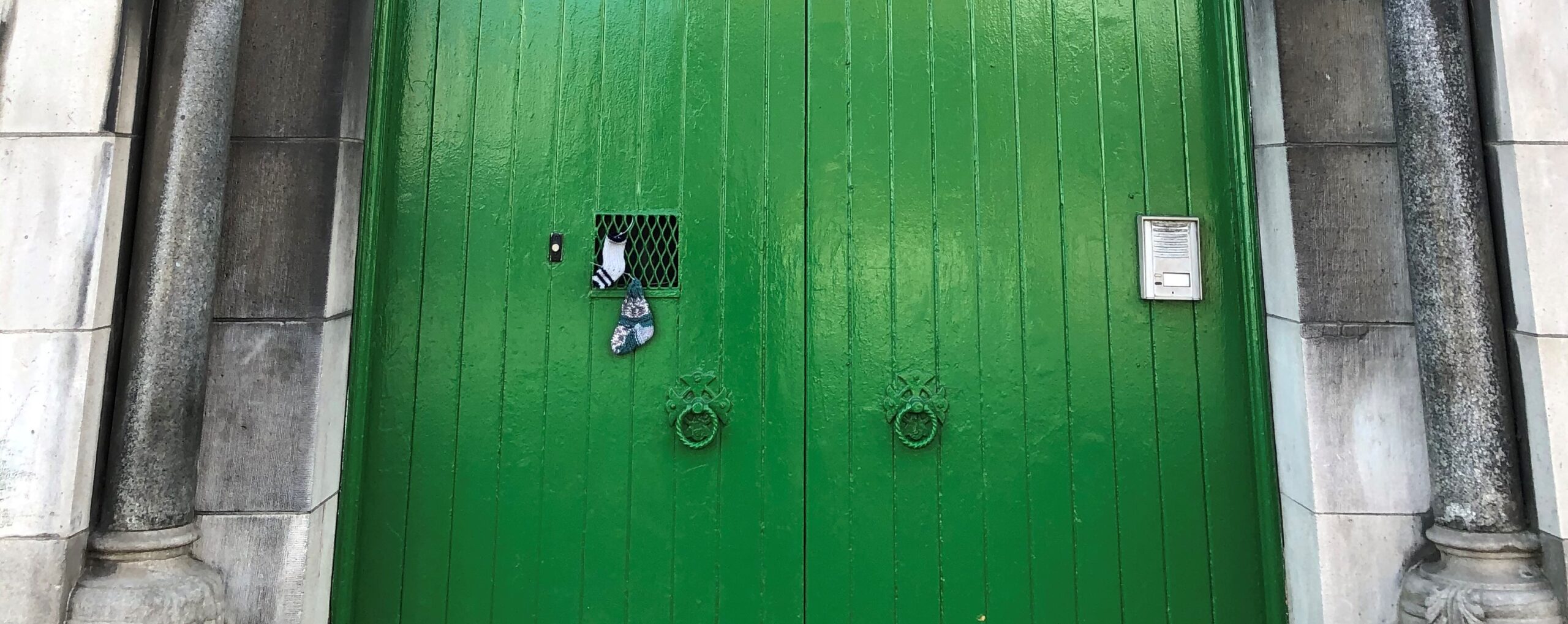Mother and Baby Homes
 The Commission of Investigation into Mother and Baby Homes published its final report on the 12th January 2021. There were about 56,000 unmarried mothers and 57,000 children in the mother and baby homes and county homes investigated by the Commission. 14 named mother and baby homes were within the scope of the investigation namely:
The Commission of Investigation into Mother and Baby Homes published its final report on the 12th January 2021. There were about 56,000 unmarried mothers and 57,000 children in the mother and baby homes and county homes investigated by the Commission. 14 named mother and baby homes were within the scope of the investigation namely:
- Ard Mhuire, Dunboyne, Co Meath;
- Belmont (Flatlets), Belmont Avenue, Dublin 4;
- Bessborough House, Blackrock, Cork;
- Bethany Home, originally Blackhall Place, Dublin 7 and from 1934 Orwell Road, Rathgar, Dublin 6;
- Bon Secours Mother and Baby Home, Tuam Co Galway;
- Denny House, Eglinton Road, Dublin 4 originally Magdalen Home, 8 Lower Leeson Street, Dublin 2;
- Kilrush, Cooraclare Road, Co Clare;
- Manor House, Castlepollard, Co Westmeath;
- Ms Carr’s (Flatlets), 16 Northbrook Road, Dublin 6;
- Regina Coeli Hostel, North Brunswick Street, Dublin 7;
- Sean Ross Abbey, Roscrea, Co Tipperary;
- St Gerard’s, originally 39 Mountjoy Square, Dublin 1
- St Patrick’s, Navan Road, Dublin 7, originally known as Pelletstown, and subsequent transfer to Eglinton House, Eglinton Road, Dublin 4, and
- The Castle, Newtowncunningham, Co Donegal
In addition, a “representative sample” of 4 state-operated County Homes, selected by the Commission included:
- St Kevin’s Institution (Dublin Union)
- Stranorlar County Home, Co Donegal (St Joseph’s)
- Cork City County Home (St Finbarr’s)
- Thomastown County Home, Co Kilkenny (St Columba’s)
It was one of the most dark and shameful chapters in our history since the foundation of the State, wherein women and children suffered invidious discrimination, inhuman and degrading treatment. The executive summary of the final report noted “While mother and baby homes were not a peculiarly Irish phenomenon, the proportion of Irish unmarried mothers who were admitted to mother and baby homes or county homes in the twentieth century was probably the highest in the world.” The high rate of infant mortality, which far exceeded the national average recorded a total of approximately 9000 children dying in these institutions.
Gross human rights violations took place between the investigation period (1922 – 1998). This included arbitrary detention, de facto slavery, misogynist behaviour, substandard living conditions, unethical vaccine trials, child trafficking facilitated by the absence of statutory regulation for foreign adoptions, deficient or non-existent burial records and in general widespread discrimination within Irish society against unwed mothers and their children. This ill-treatment experienced by these vulnerable groups was compounded based on socio-economic status, gender, race, disability and mental illness.
March 2021 – The Irish Government has sought submissions on a restorative recognition scheme for former residents of mother and baby homes and County home over a narrow 3 week period. The sad reality is however, that no form of restitution whether it be an apology, counselling, enhanced medical cards, and/or financial redress can ever alleviate the pain and suffering that these victims endured. The Irish Council of Civil Liberties has strongly advocated that “The government’s action plan is an important but incomplete response to the appalling abuse. The Government must fulfil a range of obligations under human rights law ….through the four pillars of the UN transitional justice framework of the right to truth, justice, reparations and guarantees of non-recurrence.” It is imperative that the government engages constructively with survivors and any proposals must not re-traumatise victims.
See also our published article: https://gript.ie/government-in-a-bind-with-pharma-giant-over-reparations/

